
Speakers
-
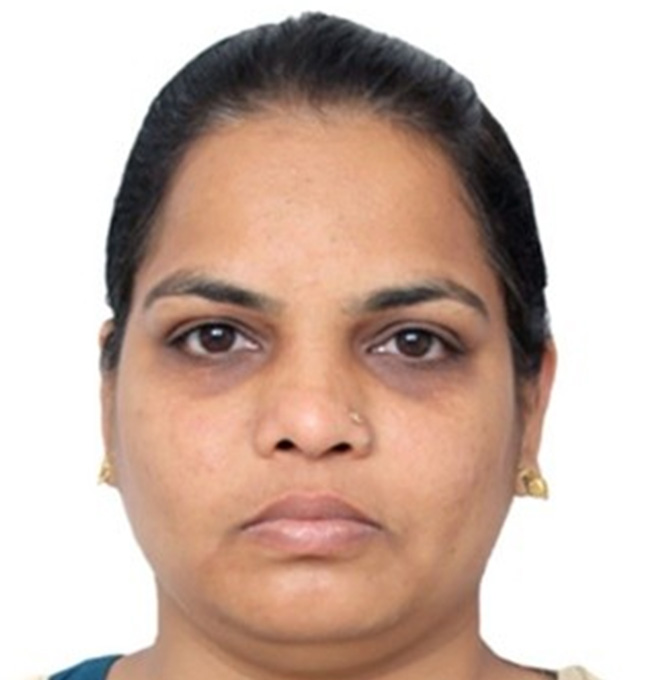 Anisha ShaikhSEWA
Anisha ShaikhSEWAAnisha Bagban is Secretary at SEWA, where she leads the team of home-based workers’ organisers, area leaders, and the campaign team in Ahmedabad. She manages the trade committee for home-based workers, oversees the centralised membership cell, and works extensively on policy interventions to strengthen livelihood security and social protection for women in the urban informal economy. She also represents home-based workers’ issues at state, national, and international platforms and contributes to SEWA’s data analysis and survey efforts.
-
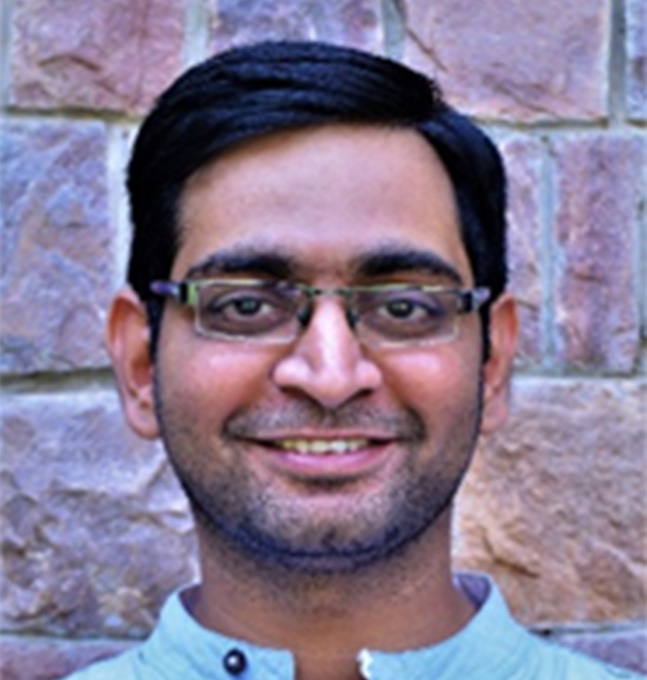 Dr. Bhushan ChaudhariPublic Health Professional, Jhpiego- India
Dr. Bhushan ChaudhariPublic Health Professional, Jhpiego- IndiaDr. Bhushan Chaudhari is a seasoned public health professional with over 13 years of experience in strengthening government health systems across diverse domains including Comprehensive Primary Health Care (CPHC), Urban Health, RMNCH+A, Nutrition, and Non-Communicable Diseases (NCDs). He has worked extensively across multiple states such as Uttar Pradesh, Assam, Haryana, Chhattisgarh, and Maharashtra. Currently associated with Jhpiego in Uttar Pradesh, Dr. Bhushan plays a pivotal role in advancing Urban Health and NCD initiatives. His efforts have been instrumental in leveraging key government programs like NUHM, the 15th Finance Commission, and PM-ABHIM to drive impactful transformations in urban health service delivery. Notably, he has led the development of City Health Plans for Lucknow, Varanasi, and Fatehpur—strategic tools aimed at improving health outcomes for urban poor and vulnerable populations.
-
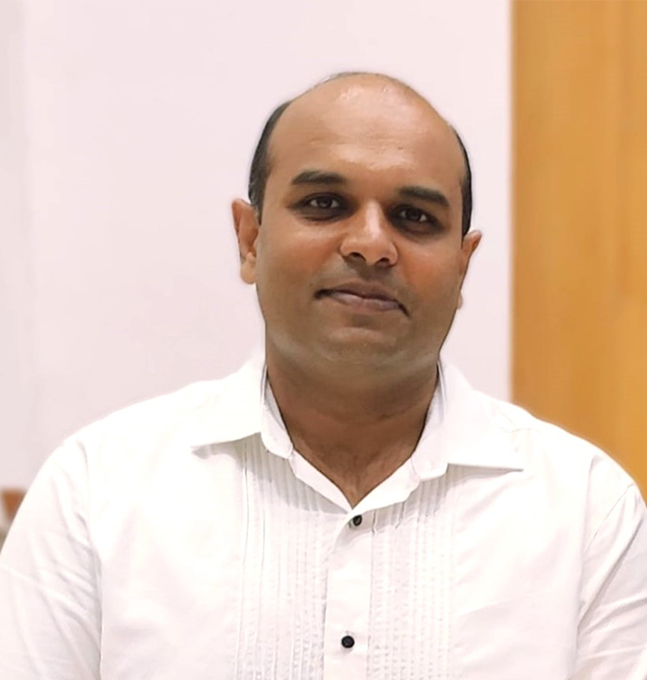 Dr. Pradheeps MuthulingamSenior Consultant - Climate Resilience Team, CEEW
Dr. Pradheeps MuthulingamSenior Consultant - Climate Resilience Team, CEEWDr. Pradheeps Muthulingam is the State Programme Manager for Urban Management Centre (UMC), TSU Chennai. He is also the former Climate and Environmental expert with the Chennai Metropolitan Development Authority. He has several years of experience of working in the field of environmental assessments, socio-economic assessments, Blue-Green Infrastructure, Urban Heat Island Effects, Climate Strategic Action Plan, Lakefront development, Coastal & Shore Nourishment and Ecologically Sensitive Area – Zoning.
-
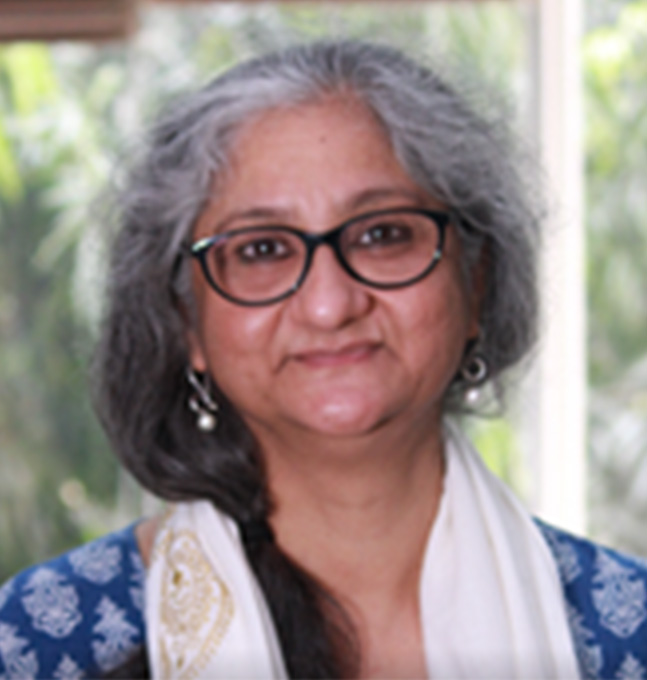 Manvita BaradiDirector, Urban Management Centre (UMC)
Manvita BaradiDirector, Urban Management Centre (UMC)Manvita Baradi, Director of the Urban Management Centre (UMC), has over 25 years’ experience in local governance, urban planning, service delivery, heritage management, and citizen participation. She has advised multi-state and national initiatives under NULM, SBM, PM-SVANidhi, and state schemes, integrating climate resilience, urban health, livelihoods, and sanitation to strengthen social protection, safety nets, and inclusive urban development. She has served as Director–South Asia for ICMA, consultant to USAID, and expert on World Bank programs in Afghanistan, Indonesia, and Sri Lanka.
An alumna of the Senior Executive Institute, University of Virginia, and University of Illinois, she is Gujarat State Convener of INTACH. Passionate about theatre, she uses street theatre for developmental communication and has produced videos on urban issues. She formerly served as Dean, School of Habitat Management, CEPT University. -
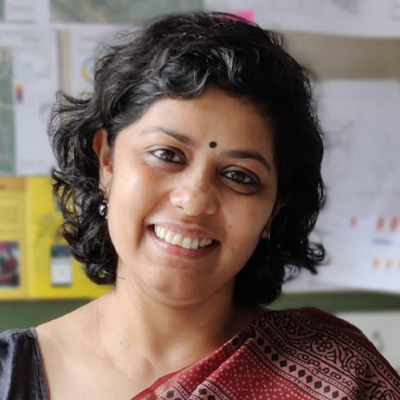 Meghna MalhotraDeputy Director, Urban Management Centre (UMC)
Meghna MalhotraDeputy Director, Urban Management Centre (UMC)Meghna Malhotra, Deputy Director at the Urban Management Centre, has 18 years’ experience in urban governance, health, water, sanitation, performance measurement, and local government association development in India, Sri Lanka, Indonesia, and Afghanistan. She leads multi-state and national initiatives under NULM, SBM, PM-SVANidhi, and state schemes, integrating climate resilience, urban health, livelihoods, and sanitation to strengthen social protection, safety nets, and inclusive urban development. Meghna has facilitated climate change and urban health programs, city action plans, and India–US city partnerships. An architect with a Master’s in Environmental Planning, she is visiting faculty at CEPT University and has authored manuals on disaster management, best practices, and local government associations, alongside heritage documentation in Surat and Ahmedabad.
-
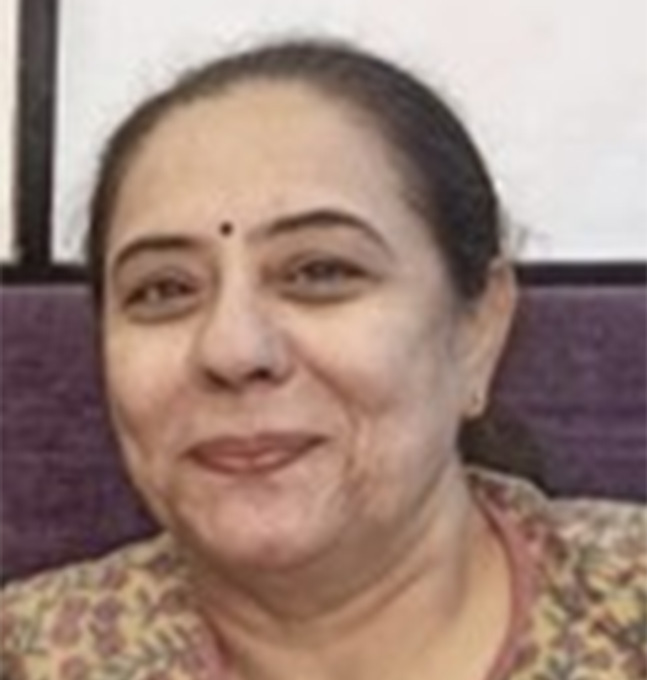 Rashim BediSEWA
Rashim BediSEWARashim Bedi is a gold medallist in her Post Graduation in Labour Welfare and has been working in SEWA from 1999 and at present is the senior coordinator for policy intervention with speciality in Urban issues. She is actively involved in Policy interventions with the Governmental and other relevant agencies pertaining to issues of the informal sector workers and their identity. She works on identifying and understanding the emerging issues of the members and their linkages to promote decent livelihoods and incomes and is actively involved in SEWA’s Just Transition initiatives.
She has experience in initiating and conducting Surveys and studies to understand the socio economic and work situation of the women workers in the informal sector. Her work profile also includes writing Reports, preparing Presentations and contents. -
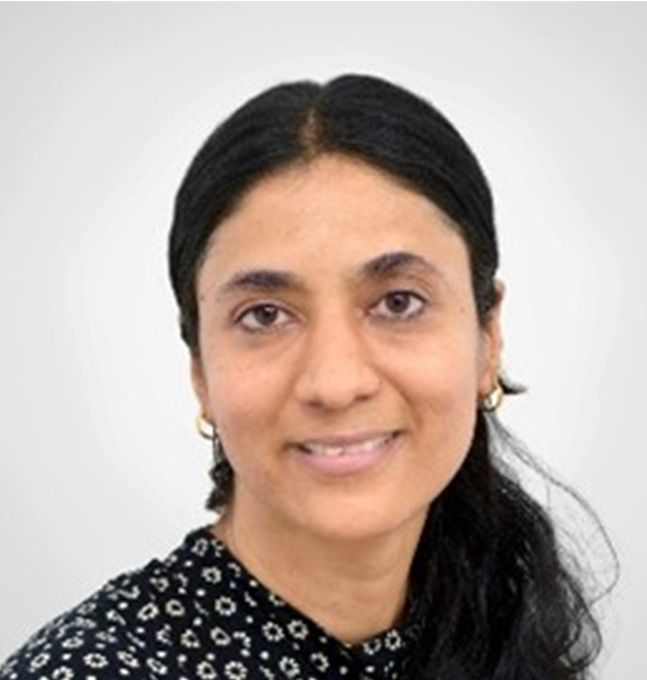 Shruti NarayanManaging Director of Regions and Mayoral Engagement, C40 Cities
Shruti NarayanManaging Director of Regions and Mayoral Engagement, C40 CitiesShruti Narayan is the Managing Director of Regions and Mayoral Engagement. Shruti previously served as C40 Regional Director for South and West Asia. She is based in New Delhi, India, and works closely with city leadership to sustain and scale up C40’s regional efforts.
Shruti has almost 20 years of global work experience specialising in energy efficiency and sustainability. Her work experience also includes Will Alsop Architects in London, Arup in San Francisco and USAID ECOIII in New Delhi, where she has worked with diverse clients such as corporates, developers, institutions, policymakers and donor agencies to identify, design, incorporate and implement sustainable solutions with the goal of reducing resource consumption and maximising efficiency.
In addition, she has also been a faculty member in sustainable design with educational institutions globally, such as Stanford University, USA, California College of Arts, USA, and the School of Planning and Architecture in India. -
 Xerxes RaoArchitect & Urban Planner, Urban Management Centre (UMC)
Xerxes RaoArchitect & Urban Planner, Urban Management Centre (UMC)Xerxes Rao, an architect and urban planner with over 15 years’ experience, specializes in urban planning, governance, project management, community participation, and capacity building. He has worked in Germany, India, and Afghanistan, managing master plans, local area plans, and smart city projects, including Mysore, Amritsar, Srinagar, Puducherry, Bharuch, and Naya Raipur. Experienced with World Bank, USAID, and ADB-funded programs, he has led teams of urban planners and GIS experts, trained professionals at SIUD Mysore, and supported government development policies. An alumnus of University of Stuttgart and IIMA, he is passionate about sustainable, replicable urban solutions, and is an avid runner and cyclist.
Local Time
- Timezone: America/New_York
- Date: Aug 22 2025
- Time: 6:30 am
Living the Climate Crisis: Overlooked Perspectives of Informal Workers in a Changing Urban India
Webinar Series | Working through Climate: Informal Workers in Changing Urban India
Background: Our cities are experiencing an unprecedented rate of climate variations and their growing impacts. These include more frequent and intense heatwaves, storms, and urban flooding. Among the most affected are the urban poor and informal workers, who form over 90 per cent of India’s workforce and are predominantly employed under informal arrangements, PLFS 2023. Engaged in informal occupations, they face a disproportionate share of these climate risks. While cities function as economic engines, informal workers remain an inseparable backbone of these local economies. Due to climate impacts, the informal workers due to their insecure works, face unprecedented work loss, wage loss, face health challenges and have poor residential security and quality of life in urban. All compounding their livelihoods vulnerability.
In this context, the Urban Management Centre (UMC), as part of ongoing technical support to the New Mission on Urban Poverty Alleviation (earlier known as National Urban Livelihoods Mission) is aiming to strengthen this dialogue and integrate them under the policy and advocacy support to the Mission. UMC with INHAF is convening a series of webinars and panel discussions to unpack emerging priorities, institutional reform needs, and ground-level challenges faced by informal workers.
Webinar 1: Living the Climate Crisis: Overlooked Perspectives of Informal Workers in a Changing Urban India
This webinar aims to explore the multifaceted nature of climate vulnerability as experienced by urban informal workers, with a focus on occupational, health, and residential dimensions. It will critically examine how urban reforms and policies can address the intersections of caste, gender, and occupation through the lens of livelihood missions. The session will also reflect on how urban planning and climate response frameworks can be made more inclusive. Through the panel discussion, we aim to identify scalable, evidence-based solutions that can inform the design and implementation of national missions and strategy.
